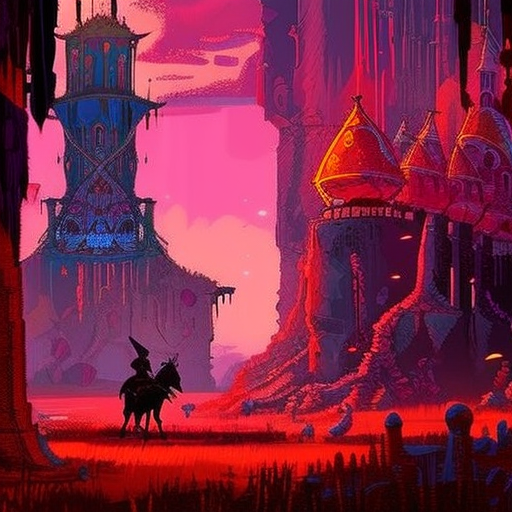One-line summary:
Don Quixote is a classic novel by Miguel de Cervantes that follows the adventures of an eccentric knight-errant and his loyal squire as they embark on a series of misadventures in pursuit of chivalry and honor.
The Adventures of Don Quixote
Don Quixote, a middle-aged man from the Spanish countryside, becomes obsessed with the idea of reviving chivalry and embarks on a quest to become a knight-errant. He renames himself Don Quixote and recruits a simple farmer, Sancho Panza, as his faithful squire. Together, they set out on a series of adventures, often mistaking windmills for giants and inns for castles.
Don Quixote’s delusions of grandeur lead him to engage in battles with imaginary enemies, rescue damsels in distress, and champion causes that exist only in his mind. Despite his lack of success and the ridicule he faces from those around him, Don Quixote remains steadfast in his belief in the ideals of chivalry and honor.
The Power of Imagination
One of the central themes of Don Quixote is the power of imagination. Don Quixote’s delusions and his ability to see the world through the lens of his own imagination allow him to create a reality that is far removed from the mundane world around him. His vivid imagination transforms ordinary objects and situations into fantastical adventures.
Cervantes explores the idea that imagination can be both a source of joy and a source of madness. While Don Quixote’s imagination allows him to experience a sense of purpose and adventure, it also isolates him from reality and leads to his eventual downfall. The novel serves as a cautionary tale about the dangers of unchecked imagination.
The Nature of Heroism
Don Quixote’s quest for chivalry and honor raises questions about the nature of heroism. Despite his lack of physical prowess and his inability to distinguish between reality and fantasy, Don Quixote embodies the ideals of a true knight. He is driven by a sense of duty, honor, and a desire to right the world’s wrongs.
Cervantes challenges traditional notions of heroism by presenting Don Quixote as a flawed and eccentric character. Through his misadventures, Don Quixote teaches us that heroism is not solely defined by physical strength or success, but by the strength of one’s convictions and the willingness to stand up for what is right.
Key Takeaways:
- Imagination has the power to transform reality and create new worlds.
- Unchecked imagination can lead to isolation and madness.
- Heroism is not defined by physical strength, but by one’s convictions and willingness to stand up for what is right.
“Finally, from so little sleeping and so much reading, his brain dried up and he went completely out of his mind.”
In conclusion, Don Quixote is a timeless masterpiece that explores the power of imagination, the nature of heroism, and the thin line between reality and fantasy. Through the adventures of Don Quixote and his loyal squire Sancho Panza, Miguel de Cervantes invites readers to reflect on the importance of pursuing one’s dreams, even in the face of ridicule and adversity. The novel serves as a reminder that true heroism lies not in physical prowess, but in the strength of one’s convictions and the willingness to stand up for what is right.












